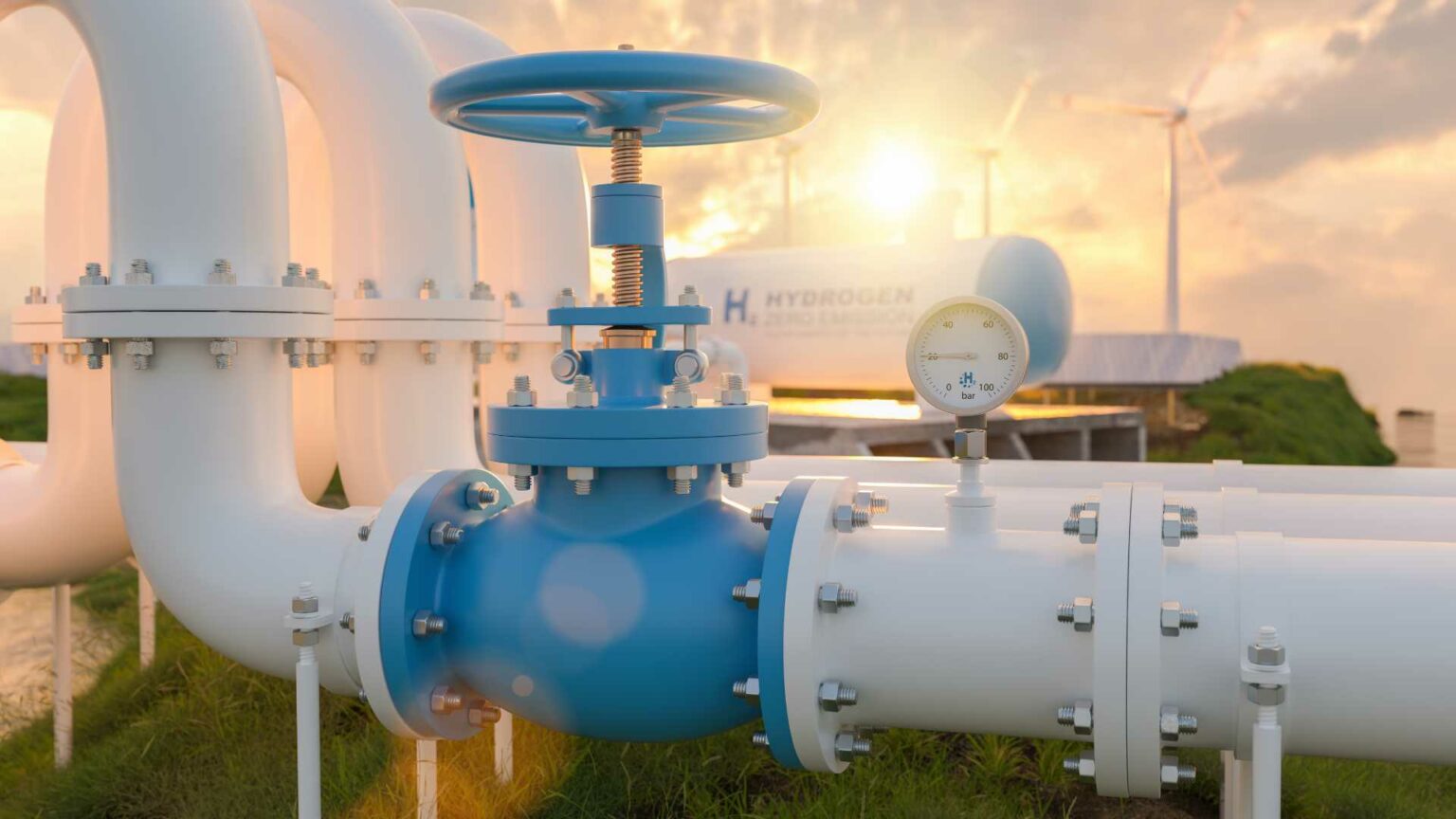In a recent study published in the International Journal of Hydrogen Energy, researchers Enbin Liu, Xi Li, Lianle Zhou, Xudong Lu, and Xi Ma presented significant advancements in optimizing energy consumption and reducing carbon emissions in hydrogen-blended natural gas pipeline networks. The case study focused on Line 1 of the West-East Gas Pipeline.
Key Findings:
The researchers analyzed compressor performance in hydrogen-blended natural gas pipelines to minimize energy usage and carbon emissions. The findings indicate that by optimizing compressor operations, significant reductions in energy consumption and carbon emissions can be achieved, making hydrogen an even more attractive option for large-scale energy distribution.
Potential Applications:
This study’s optimized compressor performance models can be applied to existing hydrogen-blended natural gas pipelines. This can lead to more efficient and greener pipeline operations, pushing the industry closer to achieving its environmental and efficiency targets.
Market Relevance:
As the hydrogen market expands, enhancing the operational efficiency of hydrogen distribution infrastructures will be necessary to meet growing demand sustainably. This research offers a tangible solution to one of the industry’s pressing issues, potentially leading to cost savings and environmental benefits.
Technical Approach:
The study involved a detailed compressor performance analysis within hydrogen-blended pipeline networks, considering various operational scenarios. Advanced optimization algorithms were used to analyze energy consumption patterns and carbon emission metrics, suggesting optimal operational settings for different configurations.
Broader Implications:
This research contributes to broader sustainability goals by providing a method to reduce energy consumption and carbon emissions in hydrogen-blended natural gas pipelines. It underscores the importance of continual innovation in pipeline technology to support the hydrogen economy’s growth while mitigating its environmental impact.
Key Takeaways:
– Optimizing compressor performance can significantly reduce energy consumption and carbon emissions from hydrogen-blended natural gas pipelines.
– The research provides practical solutions for the industry to enhance efficiency and sustainability.
– As the hydrogen market grows, such innovations will be critical in aligning industrial practices with global environmental goals.
This study exemplifies the ongoing efforts in the hydrogen sector to improve infrastructure efficiency and sustainability. These advancements are crucial for the future of renewable energy and demonstrate the potential of using hydrogen to create a cleaner energy landscape.





